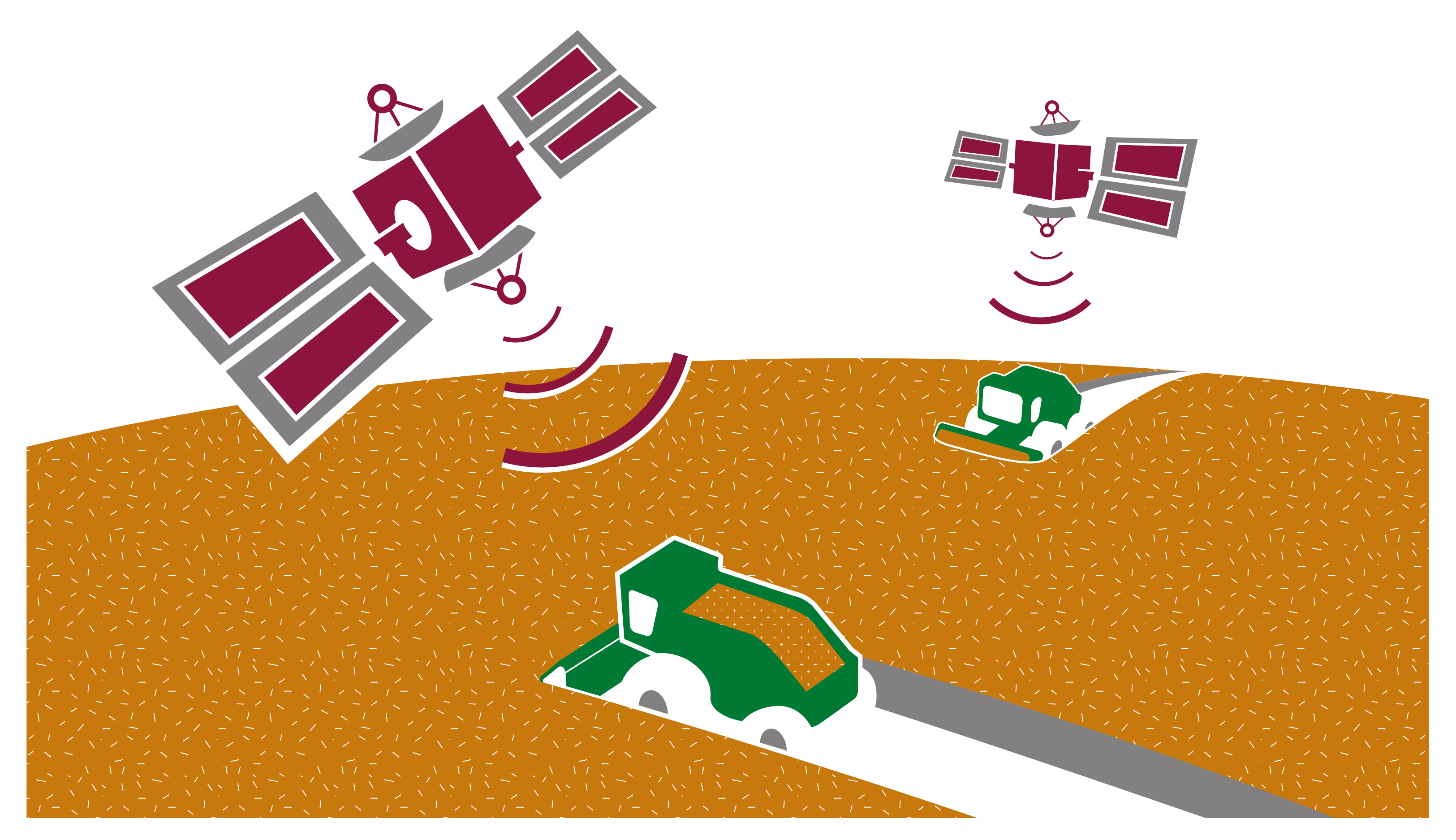We’re very happy to share our new paper on Responsible Data in Agriculture, commissioned by Global Open Data in Agriculture and Nutrition (GODAN), and co-authored together with Lindsay Ferris.
- Download the PDF (produced by GODAN)
- Read online: we’ve put an abridged version of the paper on our Library: https://library.theengineroom.org/agriculture
It was formally launched last week at the GODAN Summit in New York City, and we were thrilled to hear the paper discussed at the 2016 GODAN High-level Summit at the United Nations General Assembly the following day by Thomas Gass, Assistant Secretary-General for Policy Coordination and Inter-Agency Affairs in UN DESA.
“I went through this Responsible Data in Agriculture brochure that’s online and it strikes me how much it applies, in concrete terms, to the data revolution that is part and parcel of the 2030 agenda for sustainable development.”
Among his other comments about responsible data, Mr. Gass says: (emphasis our own)
“I went through this Responsible Data in Agriculture brochure that’s online and it strikes me how much it applies, in concrete terms, to the data revolution that is part and parcel of the 2030 agenda for sustainable development. The authors of this document have applied the individual lessons to the concrete case of agriculture, food and nutrition, and that is very very encouraging for those of us who have to sit in here and wonder sometimes whether there is any impact to what we are doing.”
We were especially happy to hear him mention some of the main conclusions of the paper, particularly around that of responsibility and accountability:
“This new agenda and the SDGs shifts the agenda of accountability from recipients to donors, South towards North, to an accountability of duty bearers to their rights holders, of service providers to their beneficiaries.”
Power imbalances
He also drew upon one of the primary underlying themes of the paper – that of the stark power imbalances between actors in the agriculture sector, and how recognising power imbalances must play a key strategic role in how we think about and use data in the sector:
“The 2030 agenda commits to leaving nobody behind… it’s all about understanding who the most vulnerable are in our societies, in putting aside our approaches of just going for the lowest-hanging fruit, and the biggest impact – and at the same time, strategically understanding what risks they face, understanding those economic and social risks, and factoring that into our strategic thinking.”
What’s next?
We couldn’t agree more. Responsible data practices and approaches need to be factored into the data revolution across all sectors. This analysis is just a small first step, and we strongly believe that analyses across multiple sectors combined with thoughtful implementation could make a huge difference to a rights-based approach in data for development.
We’re very grateful to all the people who discussed their experiences with us as part of our research for this project, and for community input after our call-out in July.
If you have feedback on the paper, or you’d like to talk about where this work is headed, or future analyses in different sectors, please don’t hesitate to get in touch. Drop us an email on research@theengineroom.org or set up a call.

